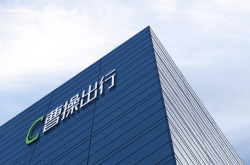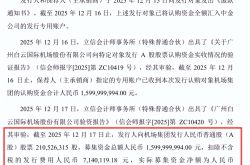"Anti-addiction" Concerns Ease as China's Game Market Hits All-Time Highs
![]() 12/25 2024
12/25 2024
![]() 665
665
When was the last time you saw a child engrossed in a game? The days of seeing elementary schoolers glued to their screens, prompting you to toss your phone in frustration, seem like a distant memory.
This transformation is largely attributed to the implementation of the "strictest anti-addiction" regulations three years ago, which capped minors' weekly gaming time at three hours, positioning China as the world's foremost and efficient "anti-addiction hub".
Domestic game companies deserve immense credit for their diligent efforts in combating this issue, engaging in a strategic battle against minors.
For instance, Tencent Games, in addition to "real-name authentication" and "face recognition," introduced the "anti-addiction four-piece set" to empower parents with practical tools to manage their children's gameplay: "One-click ban on play and charging" allows parents to remotely control their children's game accounts, "Self-account management" enables parents to set time and spending limits on their own accounts without worrying about their children, "Green phone reporting" prevents children from using other adults' accounts to play games, and "One-click block unknown persons" shields children from harmful online content.
To counteract the gray market of "renting" and "buying" game accounts, Tencent optimized its face recognition model and introduced the "face recognition bomb lock," necessitating verification within a countdown.
With robust national policies and effective corporate execution, the issue of gaming addiction can be considered resolved.
Last week, the Game Industry Committee and CNG jointly released the "2024 China Game Industry Minor Protection Report," stating that 75.1% of minors now play games for less than three hours per week, marking a 37.2% increase since the new regulations were announced in 2021.
Remarkably, over 80% of minor game users have not made any in-game purchases or spend an average of less than 30 yuan per month.
While it may seem like kids are out of luck, their misfortune underscores the anti-addiction system's efficacy, delighting parents.
In the past, parents had to confront these challenges alone, but now game companies stand at the forefront, safeguarding parents and children without straining their relationship—a win-win scenario!
From a business perspective, the success of anti-addiction measures also bodes well for the entire game industry.
On one hand, the player base is becoming more refined and elite; on the other hand, anti-addiction measures and minor protection are weeding out unscrupulous game companies targeting "New Year's money," thereby enhancing game quality.
Actions speak louder than words. The report presents compelling data: In 2024, the game market's actual sales revenue reached 325.783 billion yuan, with up to 674 million game users—both surpassing historical highs. Notably, the first domestically produced 3A game, "Black Myth: Wukong," captivated the world with its exceptional quality.
Game companies that had slowed down due to anti-addiction measures have regained their vigor as these issues gradually diminish.
It appears that only kids are the ones feeling the pinch in this world.






